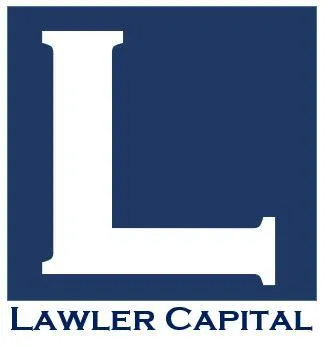Jumbo Loans
Jumbo loans are a type of mortgage designed for financing high-value properties that exceed the limits set by the Federal Housing Finance Agency (FHFA). Unlike conventional loans, which adhere to these limits and can be purchased by government-sponsored enterprises like Fannie Mae and Freddie Mac, jumbo loans are not eligible for purchase by these entities. As a result, they carry different underwriting standards and are primarily offered by private lenders.

Key Features of Jumbo Loans
Higher Loan Amounts
✅Loan Limits: Jumbo loans allow borrowers to finance properties that exceed conforming loan limits, which are $726,200 in most areas of the United States for 2024, and higher in certain high-cost areas.
Interest Rates and Terms
✅Competitive Rates: Although jumbo loans typically have higher interest rates than conforming loans due to the increased risk to lenders, rates can be competitive, especially for borrowers with strong financial profiles.
✅Variety of Terms: Jumbo loans are available in various terms, including fixed-rate and adjustable-rate options, allowing borrowers to choose the best fit for their financial situation.
Eligibility Criteria
Credit Score Requirements
✅High Credit Scores: Lenders generally require a higher credit score for jumbo loans, typically 700 or above. Some lenders may require even higher scores depending on the loan amount and borrower’s financial profile.
Debt-to-Income Ratio (DTI)
✅Low DTI Ratios: A lower DTI ratio is usually required for jumbo loans, often around 36% or less. This ratio represents the percentage of a borrower’s gross monthly income that goes towards paying debts.
Income and Asset Verification
✅Strong Financial Profile: Borrowers must provide extensive documentation to verify income and assets. This includes tax returns, W-2s, bank statements, and proof of liquid assets.
✅Reserves: Lenders may require borrowers to have significant cash reserves, sometimes equivalent to several months’ worth of mortgage payments.
Down Payment Requirements
✅Larger Down Payments: Jumbo loans typically require larger down payments than conforming loans. While the minimum down payment can vary, it often ranges from 10% to 20% of the purchase price.
Benefits of Jumbo Loans
Ability to Finance High-Value Properties
✅Luxury Homes and High-Cost Areas: Jumbo loans make it possible for buyers to purchase luxury homes and properties in high-cost areas where prices exceed conforming loan limits.
Customizable Loan Terms
✅Flexible Options: Borrowers can choose from a range of loan terms, including various fixed and adjustable-rate options, to suit their financial goals and risk tolerance.
Potential for Competitive Rates
✅Attractive Terms for Qualified Borrowers: Borrowers with excellent credit and substantial assets may secure competitive interest rates, making jumbo loans an attractive option despite the higher loan amounts.
Disadvantages of Jumbo Loans
Stricter Qualification Requirements
❎Stringent Criteria: The higher loan amounts and increased risk to lenders mean that qualification criteria for jumbo loans are more stringent, including higher credit scores, lower DTI ratios, and extensive income verification.
Larger Down Payment and Reserve Requirements
❎Higher Initial Costs: Borrowers must be prepared to make a larger down payment and demonstrate significant cash reserves, which can be a barrier for some buyers.
Potential for Higher Interest Rates
❎Increased Costs: While rates can be competitive, they are generally higher than those for conforming loans due to the increased risk to lenders.
Additional Considerations
Loan Types
✅Fixed-Rate and Adjustable-Rate Options: Borrowers can choose between fixed-rate loans, which offer stable monthly payments, and adjustable-rate mortgages (ARMs), which may offer lower initial rates that adjust over time.
Prepayment Penalties
✅Penalties for Early Repayment: Some jumbo loans may come with prepayment penalties, so borrowers should review the terms carefully if they plan to pay off their loan early.
Refinancing Options
✅Refinancing Jumbo Loans: Refinancing a jumbo loan can be more complex and may come with higher costs compared to refinancing conforming loans. Borrowers should evaluate their financial situation and market conditions before pursuing refinancing.
Conclusion
Jumbo loans provide a valuable financing option for buyers looking to purchase high-value properties that exceed conforming loan limits. While they come with stricter qualification requirements and higher initial costs, they offer the flexibility to finance luxury homes and properties in high-cost areas. Borrowers should carefully assess their financial situation and work with experienced lenders to navigate the complexities of obtaining a jumbo loan.
